How to Relieve Bloating and Gas Naturally

Bloating and gas are gastrointestinal issues that come legitimately along with discomfort and at times even pain. Most people get it because of something they ate, but it can also be a symptom of an underlying problem. Although an occasional bloated belly is common, constant bloating may be a sign that changes in diet and lifestyle or a visit to a doctor is in order. Thankfully, there are many natural ways you can beat the bloat and keep it from returning.
1. Pay Attention to Your Diet
Paying attention to your diet is one of the easiest (and quickest) ways to banish bloating. Some foods may cause additional gas in the digestive system. Beans, lentils, broccoli, cabbage and fizzy drinks are common villains. While these two foods are good for you, they are high in complex carbohydrates that gut bacteria need to labour to breakdown before it can be properly digested which causes gas. If you are often bloated, you may want to limit some of these foods or cook them in a way that is less taxing on the digestive system — soaking beans before cooking them, for instance. And eating too quickly can cause you to swallow air, which contributes to that bloated feeling. Chewing food slowly, and properly masticating it, will aid in reducing some of this.
2. Eat gut-friendly foods
It's also a good idea to incorporate gut-friendly foods and beverages into your diet. For instance, ginger. It has thousands of years of use helping to settle your stomach and aid digestion. Drink ginger tea, or just reduce gas and calm the digestive system by adding fresh ginger to your food. Also, peppermint tea is also perfect as it has menthol that acts as an antispasmodic in the muscles of the intestines. Probiotic foods such as yogurt, kefir and fermented vegetables also can help feed a healthy gut and balance the good bacteria helping with potential long-term bloating.
3. Drink Enough Water
Hydration is important for digestion as water helps to pass food through the intestines and helps prevent constipation, which can contribute to bloating. Not surprisingly, excessive water may dilute the stomach acids so much that digestion slows.
4. Regular Exercise
Regular exercise can help decrease gas and bloating. Gentle forms of exercise, such as walking, yoga or light stretching, could help to promote bowel movements and alleviate trapped gas. A short walk, done about half an hour after eating, can also help prevent symptoms. Some yoga poses — including child's pose and the knees-to-chest pose — may be intended to reduce bloating by applying gentle pressure to your abdomen.
5. Keep Positive Mood
Stress is also a key factor, as it can affect digestion and can cause bloating. Which is where practices like deep breathing, meditation or gentle exercise can come in handy — helping to calm the communication system of the digestive tract. When the body is stressed, it draws energy away from digestion, and the process can slow or even lead to gas buildup. Relax and calm down before meals, eat in a calm environment.
6. Alternatives
If bloating persists, there are other causes such as IBS (irritable bowel syndrome), lactose intolerance and small intestine bacterial overgrowth (SIBO), so it can be a symptom of something more serious. If you don't want them catching you seeing a doctor, you're going to have to go see that doctor. They can also check for the cause and suggest the types of treatments that may be appropriate, such as dietary adjustments or medication.
In many cases, you can reduce bloating and gas making a few simple changes: chewing, hydration, gentle exercise, and stress reduction. Some bloating is normal, but if it's chronic, you have to look into it. With slight alterations to daily routines, there are ways most people can alleviate IBS, and even enjoy optimal digestive health. If you continue with the pain do see a doctor for there maybe an underlying cause which need treatment.
 Disclaimer:
Disclaimer:
The content provided on our blog site traverses numerous categories, offering readers valuable and practical information. Readers can use the editorial team’s research and data to gain more insights into their topics of interest. However, they are requested not to treat the articles as conclusive. The website team cannot be held responsible for differences in data or inaccuracies found across other platforms. Please also note that the site might also miss out on various schemes and offers available that the readers may find more beneficial than the ones we cover.
Related Websites
-
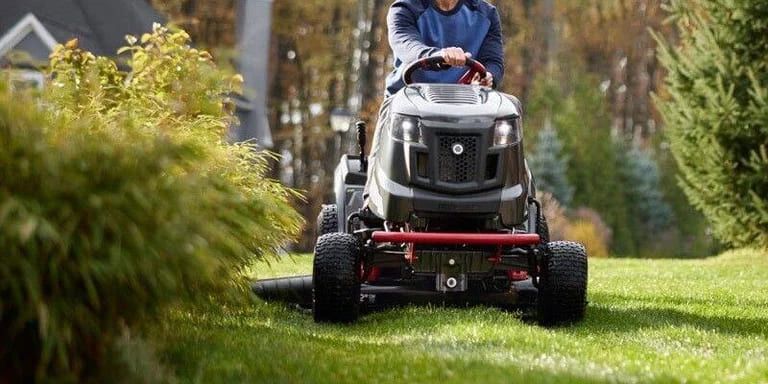 Home & Garden
Home & GardenAdvantages of Riding Lawn Mowers Over Push Mowers
Keeping your lawn clean is a little difficult, therefore, you need to know what tools and equipment can help you. Among all the lawn cleaning tools, lawn mower is the most popular one. But it is also divided into two categories, riding lawn mower and push mower. There is a time and place for push mowers in lawn care, however, riding lawn mowers, if applicable, have a number of benefits over push mowers, and for many people these advantages make the riding mower the clear choice, particularly for individuals with larger lawns or special physical needs. Here are the main benefits of riding lawn mowers compared to push mowers.1.Efficiency and Time-SavingThanks to their efficiency, riding lawn mowers are among the best devices you can use outdoors. Mowing with a push mower can be labor-intensive and a lengthy process when it comes to large plots of land. Ride-on mowers are more efficient because they have wider cutting decks making them quicker and can also cover ground faster.This enables homeowners to finish their lawn care jobs in a small segment of the time than would require if using a push mower. For those short on time, or with large properties, this time-saving feature is worth its weight in gold.2.Reduced Physical StrainWhile push mowers offer some power assistance, they are still labor-intensive, especially on uneven ground, thick grass, or large plots of grass. Over time this can cause fatigue, muscle strain and even injury. Riding lawn mowers reduce a lot of this physical strain from the operator because they allow the operator to mow from a seated position. This is especially good for older folks, people with physical limitations, or anyone who just wants to keep their lawns the easy way.3.Improved Terrain PerformancePushing a lawn mower around hills, slopes or uneven surfaces can become an issue. On these surfaces, a riding lawn mower — particularly a model with four-wheel drive or heavy-duty tires — can be a better fit. Their robust nature allows them to go across tough patches without affecting the cut quality. It helps achieve a more consistent and professional looking grass, even in less than ideal conditions.4.Improved Comfort and ConvenienceThe rider lawn mowers are built for operator comfort. Comfort features, including padded seats, armrests, and easy-to-reach controls, improve the mowing experience. Many also include cup holders, storage compartments, and Bluetooth for music or phonecalls. Such conveniences elevate lawn mowing from a chore to a more enjoyable task.5.Ideal for Large PropertiesHowever, for homeowners with bigger cartridges, a push mower is often impractical thanks to the level of time and effort involved. Riding lawn mowers are built for bigger areas, so they are the right mower choice for estates, farms, or big resident lawns. Even the most expansive lawnscan be covered in no time with their capabilities to cover several acres quickly and efficiently.6.Long-Term Cost-EffectivenessRiding lawn mowers usually cost more to purchase than push mowers, but in the long term, theycan end up being more economical. If they need to be repaired or replaced, they need to be less often due to their durability and ability to handle larger areas. Also, using riding mower saves time and energy, and this time and energy save can be beneficial if hiring a professional is a choice.So a Riding lawn mowers provides many benefits over push mowersespecially some one who has a bigger lawn area or some physical needs. They offer far higher efficiency, reduced strain on the body, versatility and enhanced comfort, makingthem an excellent alternative for most homeowners. There is still the domain of the push mowers and they still serve their place in the small, flat piece to maintain but they have very little to offer you if you have larger or more difficult pieces to maintain and riding you can ride maintain it in far more comfortable situations. For those serious about lawn care, purchasing a riding lawn mower is a worthwhile investment that can not only save time and energy, but also money in the long run. -
 Travel
TravelNavigating the Skies: Essential Considerations for Private Jet Charter to The Bahamas
The clear water and natural islands of The Bahamas attracts a lot of people to fly there for a vocation. Flights to this island kingdom make any vacation one of a kind by combining convenience and luxury. But there's more to it than just choosing a place. Safe,strong forward planning and strategic placement of this type are some of the secret elements that combine to help provide a safe, strong fire walk experience. -
 Travel
TravelMust-Try Rides and Attractions at Disneyland: The Ultimate Guide
Disneyland is recognized as “The Happiest Place on Earth” for multiple reasons, cram-packed with thrilling rides, enchanting attractions, and immersive experiences and activities that can take you away from reality, no matter your age. Whether youare a first-time visitor or a Disney pro, the ability to sort out which rides are actually worth your time will make your trip all the more magical. Here’s a rundown of the most essential attractions across Disneyland’s legendary lands.
Featured Articles
-
 Automotive
AutomotiveHow the Cadillac LYRIQ Stands Out in the Luxury Electric SUV Market
-
 Travel
TravelWhy Travel Requires Advance Planning and Research
-
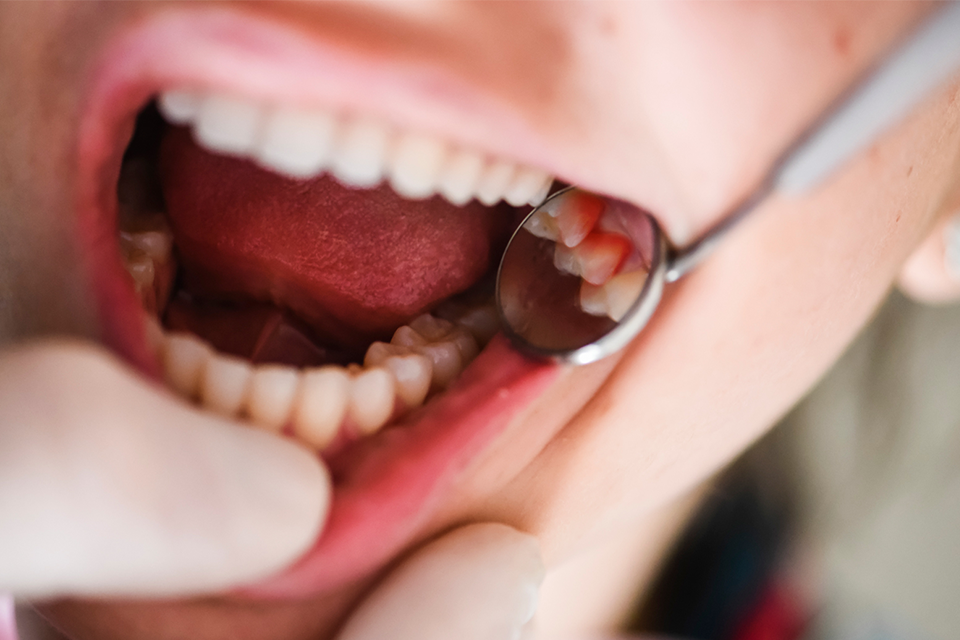 Health & Wellness
Health & WellnessWhat to Do About Bleeding Gums
-
 Finance
FinanceTypes of Loans: A Comprehensive Guide
-
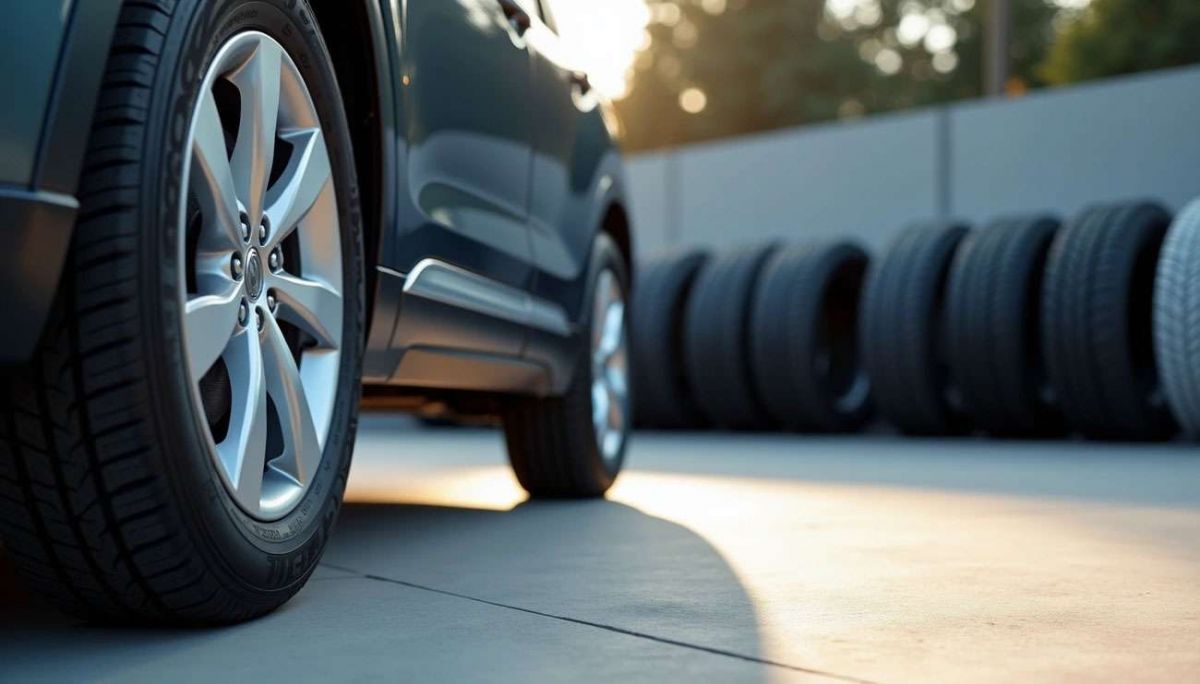 Automotive
AutomotiveFinding the Perfect Fit: A Guide to Choosing the Best Tires for Your SUV
-
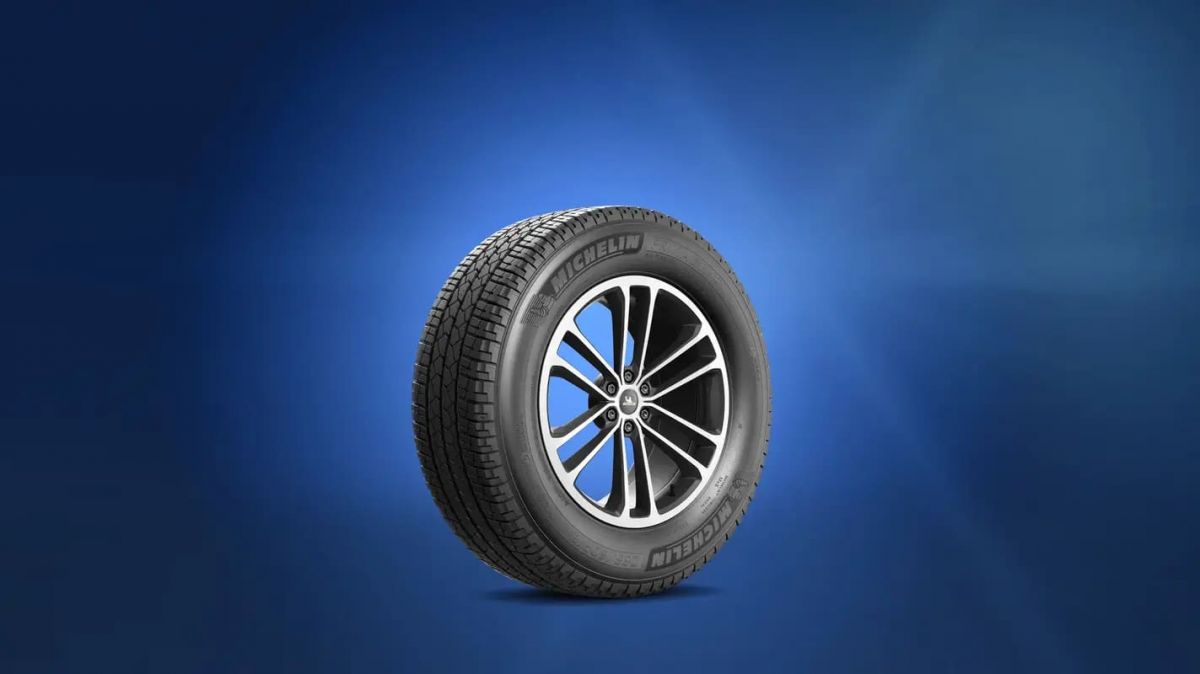 Automotive
AutomotiveWhy Are Michelin Tires So Salable?
-
 Home & Garden
Home & GardenEvolution and Essentials of RV Furniture: Comfort Meets Functionality on the Road
-
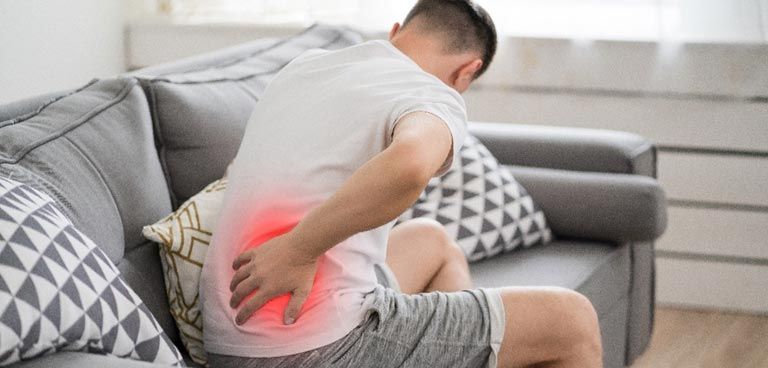 Health & Wellness
Health & WellnessPreventing Kidney Stones: Effective Strategies for a Healthier Life








